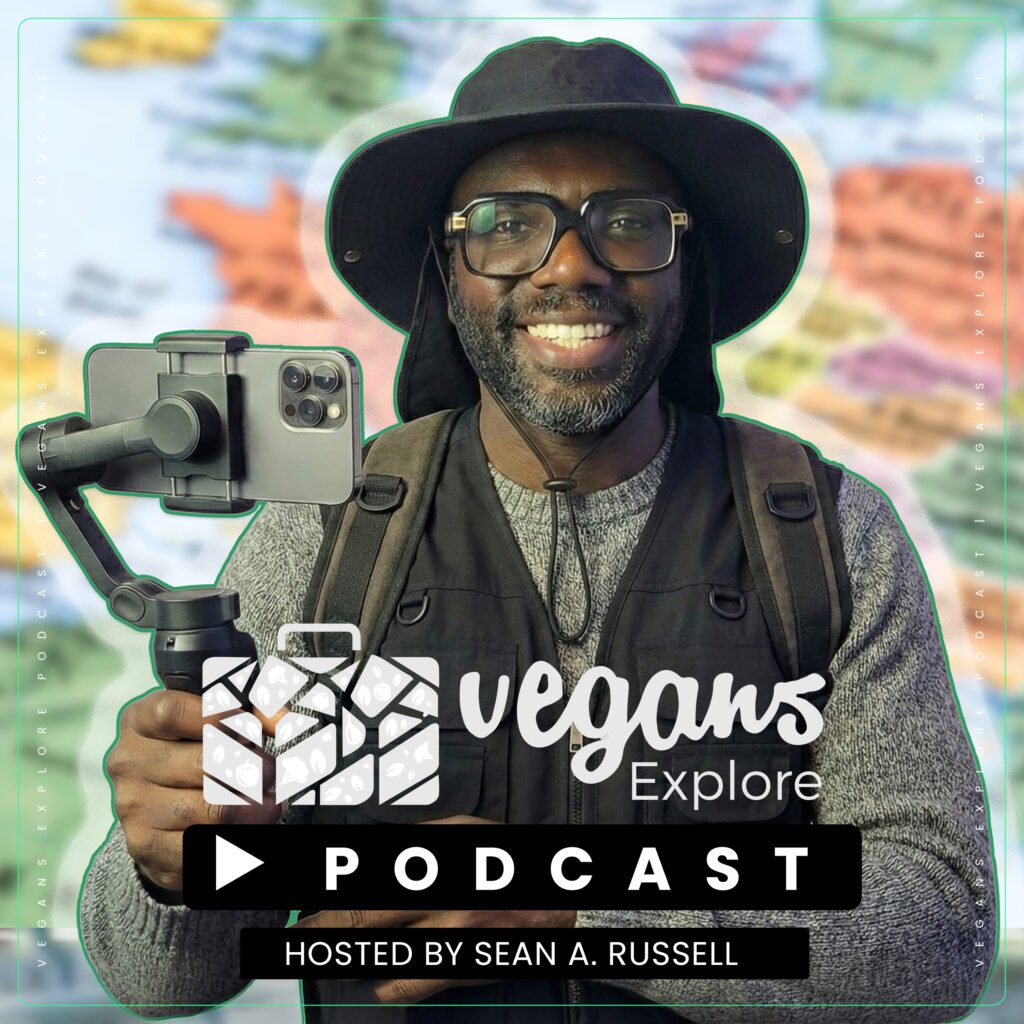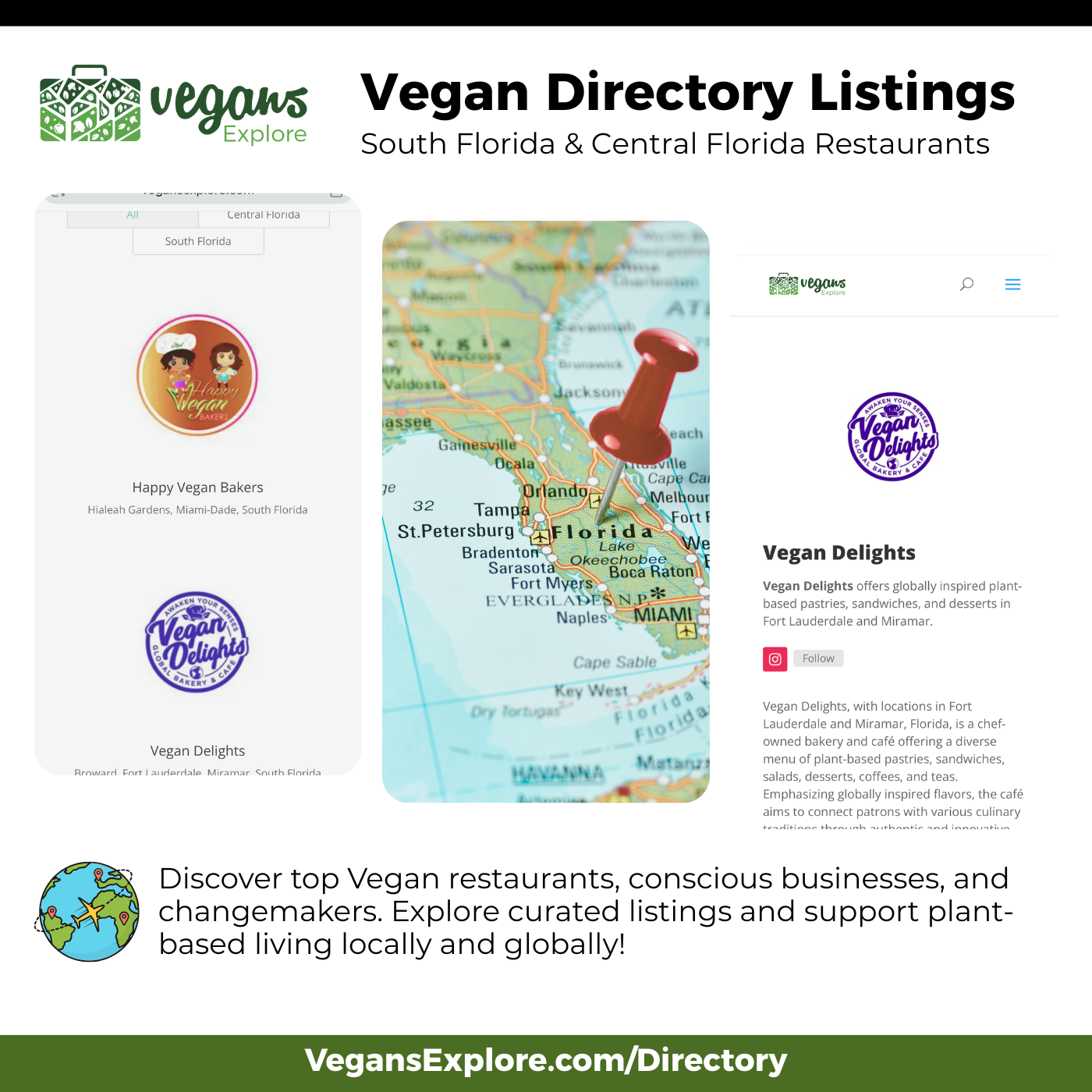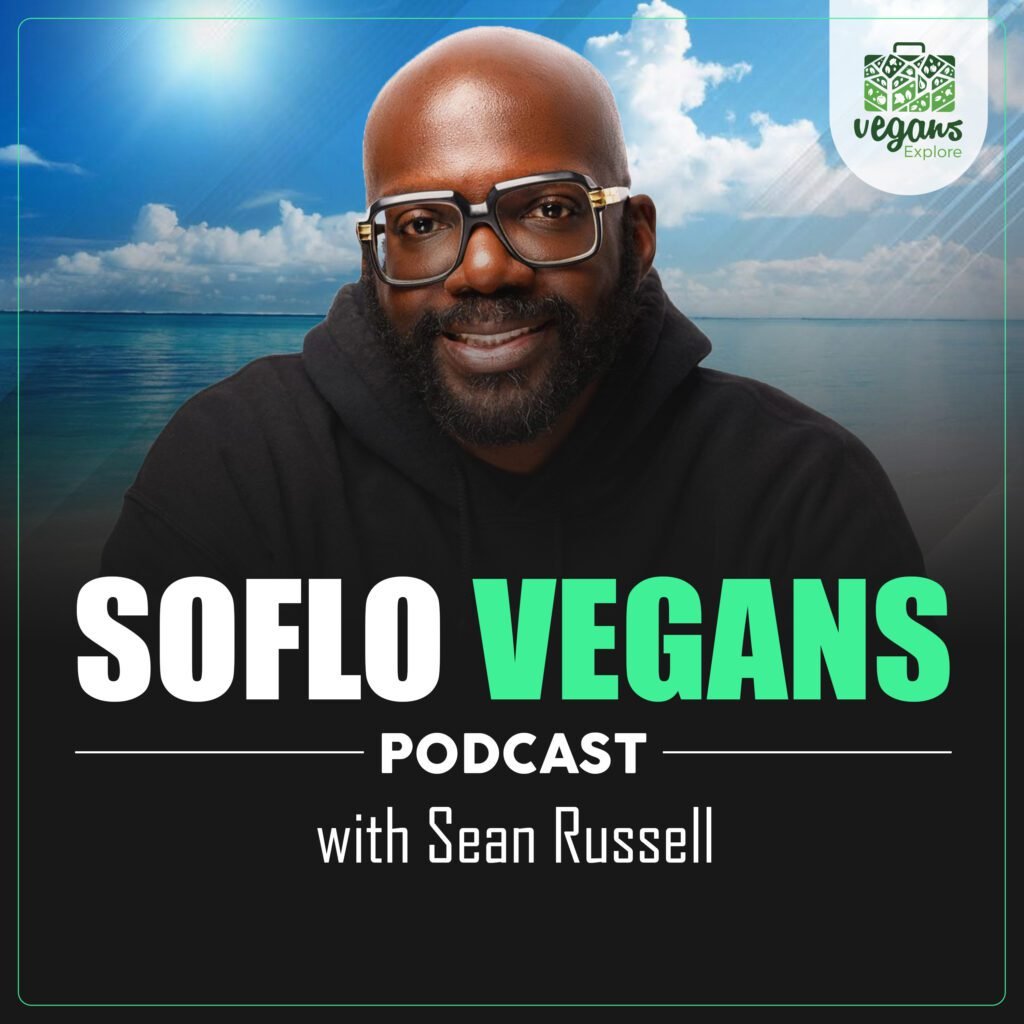When most people think of farming, they picture wide open fields, tractors, and endless rows of crops. But the truth is, farming today looks very different from what it used to be. And for those of us in the Vegan and plant-based movement, understanding that shift is key to reimagining how we feed ourselves and care for the planet.
The State of Modern Farming
Industrial agriculture has taken over much of the global food system. The majority of our produce now comes from massive monocrop farms that rely heavily on pesticides and genetically modified seeds. These systems are built for volume, not for health or sustainability.
And while this approach has helped feed billions, it comes with a cost. Soil depletion, water contamination, and loss of biodiversity are just a few of the consequences. Even more troubling, many communities have been left behind—creating what we now call food deserts, places where fresh, nutritious produce is hard to find.
So the question becomes, how do we fix this? How do we rebuild our food systems in a way that works for both people and the planet?
Seeds of Change
The Vegan and plant-based movements are helping lead that transformation. Across the country, urban farmers, nonprofits, and innovators are redefining what farming can look like.
These are people who believe growing food is about more than just filling shelves. It’s about building community, restoring the soil, and creating access to fresh, local food for everyone.
Here are a few projects planting seeds of change:
- Green Haven Project (Miami, Florida): Turning vacant land into gardens that provide free produce and education to families in need.
- Soul Fire Farm (Grafton, New York): An Afro-Indigenous led farm empowering BIPOC farmers and teaching food sovereignty worldwide.
- Ron Finley Project (Los Angeles, California): Teaching communities to grow their own food and transform urban spaces into gardens.
- Brooklyn Grange (New York City): Operating one of the world’s largest rooftop farms, producing organic vegetables and hosting educational programs.
- Urban Growers Collective (Chicago, Illinois): A Black and women-led network operating eight urban farms focused on food access and education.
- D-Town Farm (Detroit, Michigan): A model for Black food sovereignty and community-based organic farming.
- Gotham Greens (multiple cities): Running climate-controlled urban greenhouses that bring fresh greens closer to consumers.
These organizations are building the future—one rooted in ethics, sustainability, and compassion.
Growing from Home
But farming isn’t only happening on large lots or rooftops. It’s happening in kitchens, on balconies, and even in classrooms.
At-home systems are making it easier than ever for people to grow their own food. Lettuce Grow, founded by Zooey Deschanel and Jacob Pechenik, offers self-watering tower gardens that fit right into your kitchen. Rise Gardens and the Garden Tower Project help families turn limited space into year-round mini farms.
Compact systems like Gardyn and Click & Grow make growing herbs and vegetables almost effortless.
And right here in South Florida, Heal the Planet is doing incredible work to raise awareness about sustainability and conscious living. Through school programs and community outreach, they’re teaching children that growing food and caring for the planet go hand in hand.
The message is simple: you don’t need acres of land to be part of the solution. You can start with one seed, one planter, or one small tower at home. Every effort counts.
The future of farming is local, personal, and compassionate. It’s about reconnecting to the Earth and taking control of what we eat. The Vegan movement reminds us that our choices can heal more than our bodies—they can heal communities and ecosystems too.
About the Show
The Vegans Explore Podcast is on a mission to record a new episode every day until November 1, 2026, spotlighting Vegan topics, changemakers, nonprofits, and brands from around the world. Explore additional episodes.
-
Subscribe to our newsletter for updates on the latest Vegan news, our podcast, travels, and partners.
-
Check out our Vegan Directory and explore restaurants, events, and other resources.
-
Get your Vegans Explore Passport and join our official community while supporting our mission for $11 per month.
- Connect with us to ask a question or share an opportunity.
Tell Your Story
Leave a Voicemail for an opportunity to be featured on our daily Vegans Explore Podcast. Let us know how we’re doing or simply share a quick recording about yourself.
Subscribe & Review
Love the show? Be sure to subscribe and leave a review! New episodes drop daily.






